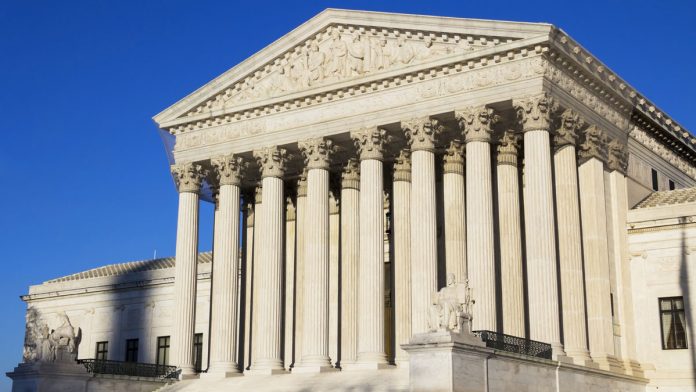New Jersey’s current governor, Phil Murphy, said he was “thrilled” by the ruling and would work with state lawmakers to enact a law authorizing sports betting “in the very near future.”
“Today’s ruling will finally allow for authorized facilities in New Jersey to take the same bets that are legal in other states in our country,” Murphy said.
“A more direct affront to state sovereignty is not easy to imagine,” he wrote.
New Jersey wants to allow limited forms of sports gambling and to collect the taxes from it. While supporters of the federal law said it discouraged betting and the resulting corrupting influence of organized crime on athletics, Christie said Americans already spend nearly $150 billion a year on illegal sports wagering.
“I know that we don’t know much about organized crime coming from New Jersey. But we know a little bit. And the fact is that organized crime is involved in profiting from this every day,” he said.
“Today’s decision is a victory for the millions of Americans who seek to bet on sports in a safe and regulated manner,” the association said in a statement Monday. “Today’s ruling makes it possible for states and sovereign tribal nations to give Americans what they want: An open, transparent and responsible market for sports betting.”
The NCAA and the major professional sports leagues contended that the law was not unconstitutional, because it didn’t compel states to do anything, it simply prevented them from making sports betting legal by either operating sports-gambling schemes themselves or authorizing casinos to do so.
New Jersey officials said they would allow only certain types of sports betting, at casinos and racetracks, with a minimum age of 21 to participate. When the case was argued in January, Christie said the state was prepared to act within two weeks of a Supreme Court ruling in its favor.





